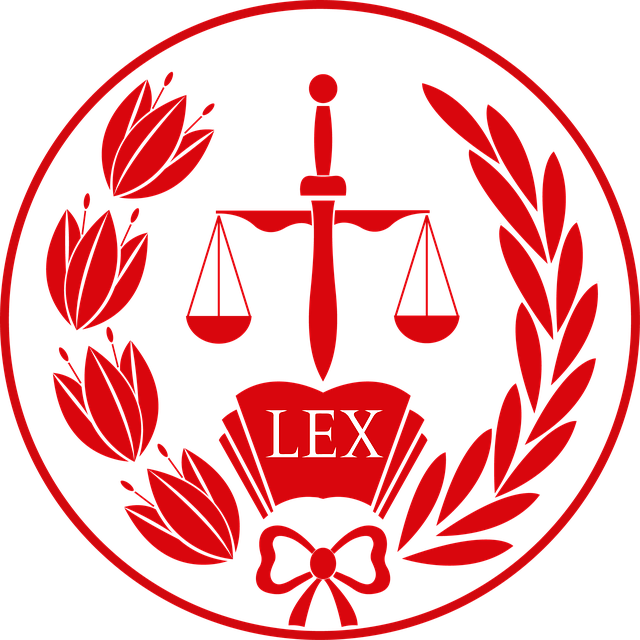A probate lawyer is crucial for managing and distributing an estate post-death, offering expertise in filing documents, representing the estate in court, and communicating with beneficiaries. They ensure fairness, address challenges like will disputes or debts, and streamline transitions for grieving families. Through meticulous planning, asset organization, clear communication, and proactive issue management, these specialists facilitate efficient estate administration while avoiding costly mistakes and legal hurdles.
Efficiently managing an estate during probate is crucial for peace of mind and ensuring your wishes are respected. This comprehensive guide delves into the intricacies of the probate process, highlighting key steps and strategies. We explore the vital role a probate lawyer plays in navigating this complex landscape, offering expert guidance to streamline estate administration. Learn about best practices to avoid common pitfalls, protecting your assets and ensuring a smooth transition for your loved ones.
- Understanding the Probate Process: A Comprehensive Overview
- The Role of a Probate Lawyer: Expert Guidance for Estate Management
- Efficient Estate Administration: Strategies and Best Practices
- Common Pitfalls to Avoid During Probate: Protecting Your Assets
Understanding the Probate Process: A Comprehensive Overview

The probate process is a legal framework designed to manage and distribute an individual’s estate after their passing. It involves several intricate steps, overseen by a probate lawyer, to ensure fairness and legality. This process begins with the filing of a will or, if there is no will, the court appoints a personal representative to handle the estate. The primary goal is to identify and value all assets, pay any outstanding debts and taxes, and ultimately distribute the remaining property as directed by the will or state law.
A probate lawyer plays a crucial role in guiding clients through this complex procedure. They ensure that all legal documents are correctly filed, represent the estate during court hearings, and help maintain open communication with beneficiaries. By understanding the nuances of probate law, these professionals can navigate potential challenges, such as disputes over wills or unexpected debts, ensuring a smoother transition for grieving families.
The Role of a Probate Lawyer: Expert Guidance for Estate Management

When navigating the complex process of estate management during probate, having a probate lawyer by your side offers invaluable expertise and support. These legal professionals are specialists in their field, equipped with in-depth knowledge of the intricate laws and regulations surrounding probate. They play a pivotal role in ensuring that the entire process is handled efficiently and in compliance with legal requirements.
A probate lawyer provides guidance tailored to each unique estate, offering strategic advice on matters such as asset distribution, tax implications, and potential disputes. Their expertise facilitates a smoother transition, helping to avoid costly mistakes and delays. By engaging their services, individuals can rest assured that their wishes will be respected while navigating the legal intricacies involved in probate.
Efficient Estate Administration: Strategies and Best Practices

Efficient estate administration is a complex process that requires meticulous planning and execution. A probate lawyer plays a pivotal role in ensuring this process runs smoothly, minimizing delays, and maximizing fairness. One of the primary strategies involves organizing and inventorying assets early on. This includes gathering all financial documents, identifying valuable possessions, and assessing liabilities. A well-organized estate makes it easier for the probate lawyer to navigate legal requirements and distribute assets according to the will or state laws.
Best practices in estate administration include clear communication among all parties involved, regular updates on progress, and proactive management of potential issues. Regular meetings with the executor, beneficiaries, and other stakeholders can help address concerns promptly and prevent misunderstandings. Additionally, staying updated on tax laws and legal changes specific to probate is essential. This ensures that the estate is managed efficiently and in compliance with current regulations, avoiding unnecessary delays or financial burdens.
Common Pitfalls to Avoid During Probate: Protecting Your Assets

During the probate process, many families fall into common pitfalls that can lead to significant delays and additional stress. One of the primary goals for a probate lawyer is to navigate these challenges, ensuring assets are protected and distributed according to the deceased’s wishes. A frequent mistake is lack of planning; without a clear will or trust in place, the court must step in, which can result in longer processing times and increased legal fees.
Another pitfall involves complex asset management. Mixing personal and joint accounts can complicate matters, as these assets may require different handling. Ignoring this distinction can lead to confusion and potential legal issues down the line. Additionally, failing to address outstanding debts and liabilities promptly can cause delays in the probate process, as these matters must be settled before distribution can occur.
Efficiently managing an estate during probate is both a legal and logistical challenge, but with the right strategies and guidance from a probate lawyer, it can be streamlined significantly. By understanding the probate process, leveraging expert knowledge from professionals, and avoiding common pitfalls, individuals and families can ensure their assets are protected while adhering to legal requirements. A proactive approach, combined with sound estate administration practices, will not only facilitate a smoother transition but also honor the wishes of the deceased.
